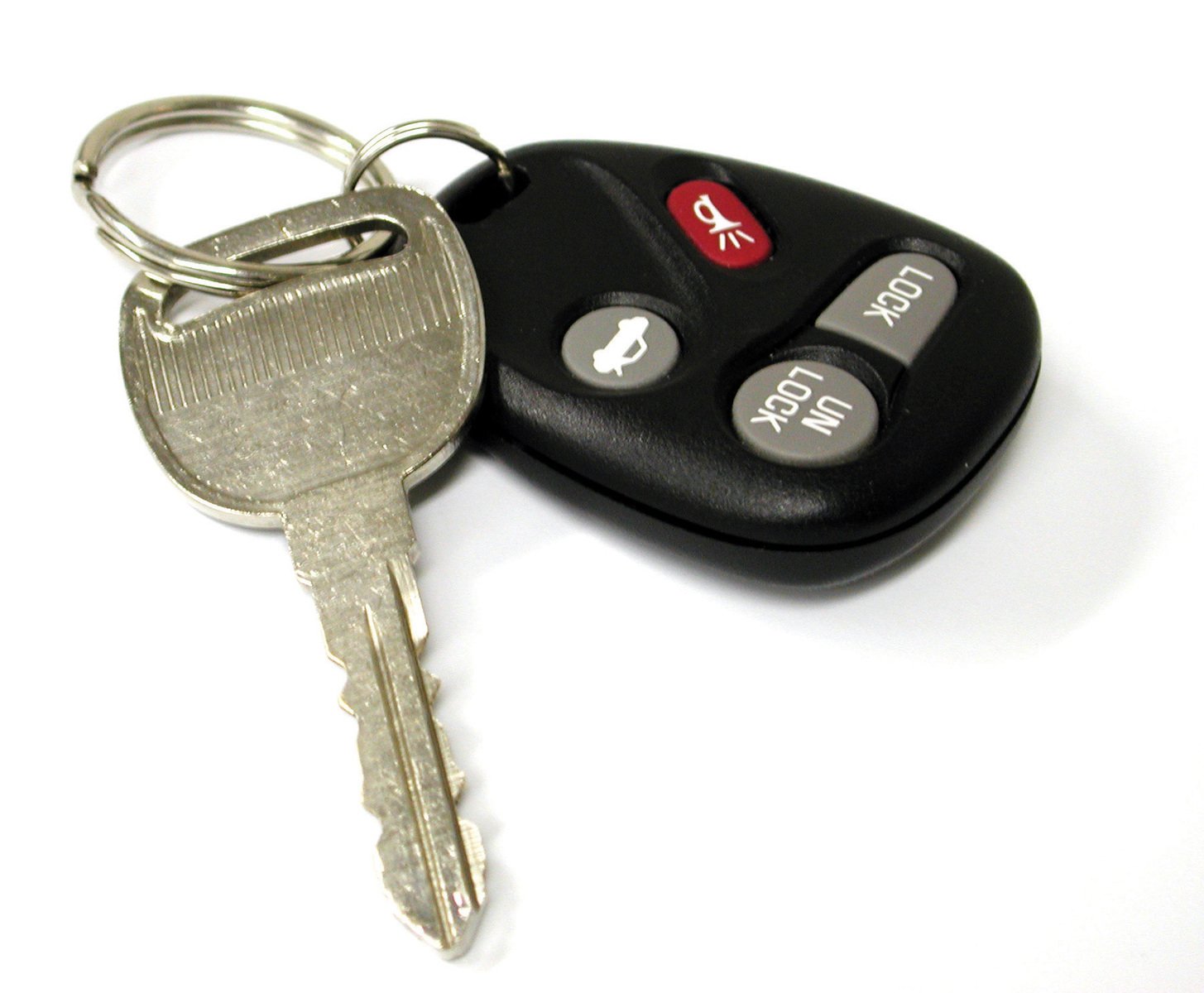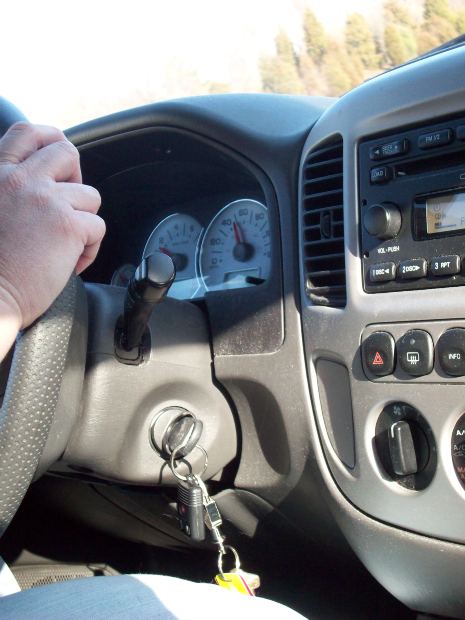A bill that would repeal Florida’s no-fault insurance law appears to have stalled out. The state senate’s Health and Human Services Appropriations Subcommittee overwhelmingly voted not to approve the measure, which would repeal Florida’s no-fault system requiring drivers to carry at least $10,000 in personal injury protection (PIP) coverage. The bill would resulted in a…
Continue reading ›Articles Posted in car accident attorney
A South Florida seafood restaurant has been deemed liable to pay $2 million in damages after a federal jury determined the restaurant’s employee was acting in the course and scope of employment at the time of a crash that injured another driver. The question of exactly what the worker was doing at the time of…
Continue reading ›Those who patrol Florida’s deadly streets and highways regularly spot motorists texting and driving, but are often powerless to do anything about it, despite the known danger and the fact that such action is against the law. That’s because Florida is one of just a handful of states that has deemed texting to be a…
Continue reading ›A woman was injured seriously recently when a vehicle crashed into her home as she sat at her kitchen table. The Orlando Sentinel reports the 61-year-old motorist reportedly failed to maneuver her vehicle properly at a curve in the road, causing her to continue straight into the residential structure. The 67-year-old resident was pinned and…
Continue reading ›A woman in Virginia has settled her car accident lawsuit for $8 million, according to a recent report from The Daily Press in Newport News. Our Fort Lauderdale car accident lawyers know it is unusual for someone to receive such a high amount, it’s not unheard of – particularly in cases with catastrophic injury or…
Continue reading ›Florida auto insurance laws require that if you have a car in the state for more than 90 days annually – and those days need not be consecutive – then you are required to comply with Florida’s registration requirements. You aren’t necessarily required to obtain insurance if you are regularly driving back-and-forth to your home…
Continue reading ›If one suffers an injury in a Florida car accident caused by another’s negligence, there may be an opportunity to step outside the state’s “no-fault” system (which allows for up to $10,000 in compensation through PIP benefits) and take action against the other driver. However, in order to ensure the damages are covered, one must…
Continue reading ›When an employee acting in the course and scope of employment is negligent and causes injury to someone else, the employer can be held vicariously liable for those injuries – even if there is no evidence the employer did anything wrong or breached any duty of care. However, Florida employers may also be held directly…
Continue reading ›In a recent ride-along with Florida Highway Patrol troopers in South Florida, an NBC affiliate news crew took note of numerous drivers texting, scrolling and talking away behind the wheel. Despite observations of this extremely dangerous behavior, the trooper was without an actionable cause to stop these drivers. That’s because Florida has one of the…
Continue reading ›An auto insurer’s failure to comply with the state’s Claims Administration Statute, F.S. 627.426, meant no genuine issue of material fact was left to consider regarding insurance coverage of an absconded drunk driving suspect who allegedly killed five people in a horrific crash. Plaintiffs, parents of one of those killed, sued defendant driver for wrongful…
Continue reading ›





















